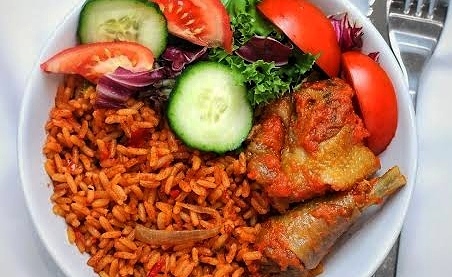By John Ikani
UNESCO has officially recognized Senegal as the birthplace of Jollof rice, also known as Ceebu jën.
This dish, a staple in West African cuisine, has been the subject of a long-standing debate among West African nations Ghana, Nigeria, and Senegal.
But now, the debate is settled with Senegal standing tall as the king of Jollof rice.
How did this dish, a combination of rice, fish, and often accompanied by vegetables and tomatoes, become so central to West African cuisine?
Research by The Conversation Africa reveals that it all began during the colonial period in West Africa between 1860 and 1940.
French colonizers replaced traditional food crops with broken rice imported from Indochina.
Over time, the broken rice became more prized by the Senegalese than whole rice grain. And thus, the dish known as Ceebu jën was born.
The women of Saint Louis, a port city in northern Senegal, are known for their remarkable know-how in the preparation of the dish and have been credited with adding finesse and elegance to Jollof rice, making it not just a dish but an art form.
This certification is expected to have a positive impact on Senegal’s economy, particularly in tourism, agriculture, fishing, and catering.
So, the next time you enjoy a plate of Jollof rice, remember its royal roots and the cultural significance behind it.
Long live the king of West African cuisine, Senegal and their Jollof Rice!


































